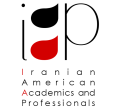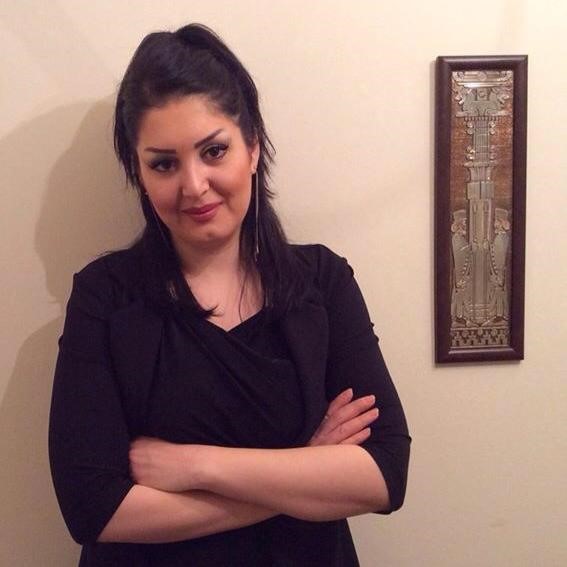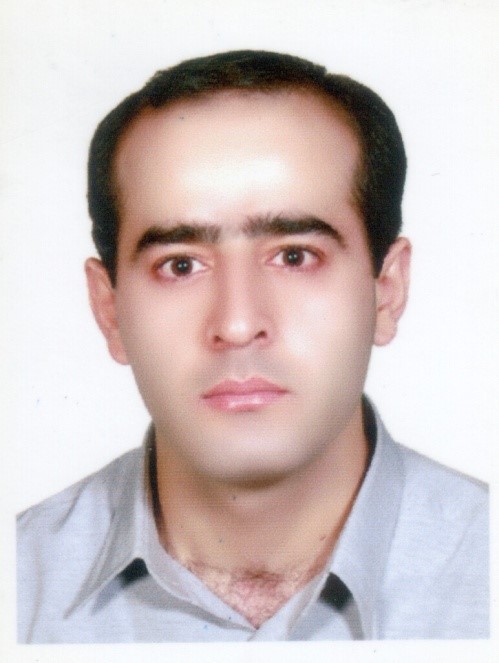Where: Montgomery Community College (Rockville Campus) – Humanity Building (HU), Conference Room 009 (Get Directions, Campus Map )
Language: Farsi

Synopsis:
The field of Psychology has been plagued by the stereotypical viewpoint that the field is devoted to the narrow concern of mental illness in human behavior. Psychology has evolved to encompass larger fields of human behavior and human cognition; even though, Psychology has its origins in the much older fields of physiology and philosophy as well as the study of mental illness. Psychology is the scientific study of behavior and mental processes which does not just focus on mental illness. The field of Psychology is built on different concepts such as “Unconscious”, or “Relation between Social Behavior and Culture”. Psychology has different fields such as Cognitive Psychology that studies mental processes for example memory, and language. In addition, Neuropsychology is another field that aims to understand how the nervous system relates to specific psychological processes.
Psychologists do not deal solely with mental illness; they have the larger concern of how individuals interact in their environments as they perform everyday activities. Psychologists are also devoted to make people’s lives healthier; therefore they suggest us to laugh more so the natural physiological process of laughter helps relieve physical or emotional stresses we might have.
About the Speaker:
Azar Etesamypour-King, Ph.D. is an Associate Professor in Psychology at the Community College of Baltimore County, Maryland. Her education has included a Bachelor degree in Psychology with three majors: Experimental Psychology, Physiology of the Nervous System, and Ethology; a Master degree in Psychology, Cognition, & Communication; a Ph.D. in Experimental Psychology from Rennes II University, France. Additionally, she has a Post Doctorate from the University of Maryland, School of Medicine funded by NIH, toxicology training grant. Her experiences in Iran and in France have included the teaching of Psychology as an Assistant Professor at undergraduate and graduate levels, and working as a clinical psychologist in a private practice (Iran). Her collaboration with two of her colleagues resulted in publishing a textbook in “Multicultural psychology, Reflecting Humanity” in 2013. This textbook has been used as a textbook for the diversity course. She has been presenting in several national and international conferences on topics related to Multicultural Psychology, Cognitive Psychology, and Behavioral Psychology. She has been doing research in collaboration with one of her colleagues at Isfahan University on various topics. Her interest areas of research are Experimental Psychology (Memory, Learning), Neuropsychology (the effect of neurotoxin on human health) and Multicultural Psychology.
Please Note: No Dinner is served, only light refreshment is provided
Please click here to RSVP.


